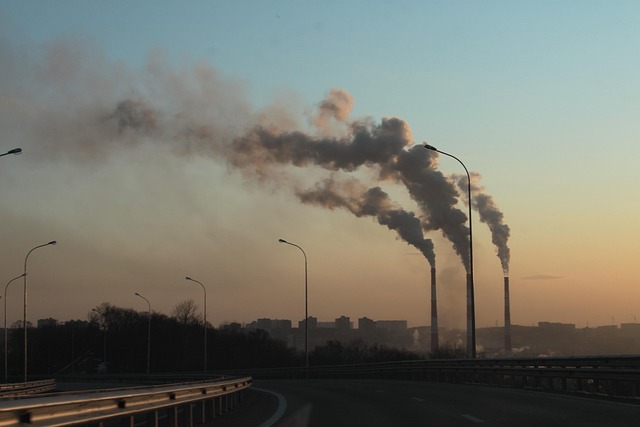EPA's New Emission Standards Spark Controversy

A coalition of conservative states is preparing to mount a legal challenge against the Environmental Protection Agency's (EPA) recently finalized tailpipe emissions standards. These states argue that the new regulations represent a significant overreach by the federal government, potentially crippling the American auto industry and driving up costs for consumers.
States Allege Economic and Constitutional Overreach

Leading the charge against the EPA is a group of state attorneys general who contend that the agency is exceeding its statutory authority. They argue that the EPA is essentially mandating the sale of EVs, a move they believe should be decided by Congress, not regulatory fiat. "This is a clear example of the Biden administration attempting to impose its radical climate agenda on the American people without Congressional approval," stated [Hypothetical Attorney General Name] of [Hypothetical State].
Impact on American Automakers
The potential economic consequences for American automakers are a central concern for the challenging states. The regulations require a substantial increase in EV production within a relatively short timeframe. Some analysts fear this could force automakers to prioritize EV production over traditional gasoline-powered vehicles, potentially leading to job losses and reduced profits if consumer demand for EVs does not keep pace. Industry experts suggest that 'automakers are already investing heavily in electric vehicle technology, but these rules could force them to make unsustainable choices.'
Consumer Choice and Affordability at Stake
Another major point of contention is the impact on consumer choice and affordability. EVs generally have a higher upfront cost than gasoline-powered vehicles, even with federal subsidies. Opponents of the EPA's rules argue that they will limit consumer options and make transportation less affordable for many Americans, particularly those in rural areas where EV infrastructure is limited. Furthermore, there's concern that pushing EVs will benefit wealthy elites who can afford newer cars whilst leaving middle and lower-income families paying to maintain older, less efficient, vehicles.
Legal Challenges and Potential Outcomes
The legal challenges are expected to focus on the EPA's interpretation of the Clean Air Act and whether the agency has the authority to effectively mandate a transition to EVs. Similar legal battles have played out in the past, with varying degrees of success for both sides. The outcome of these challenges could have significant implications for the future of the American auto industry and the nation's energy policy.
The Road Ahead

As the legal challenges unfold, the debate over the EPA's tailpipe emissions standards is likely to intensify. Conservative states are determined to defend what they see as economic freedom and individual liberty, while the Biden administration remains committed to its ambitious climate goals. The coming months will be crucial in determining the future of the American auto industry and the direction of the nation's energy policy.
